Meet the super seven winners of our third Education Innovation Awards
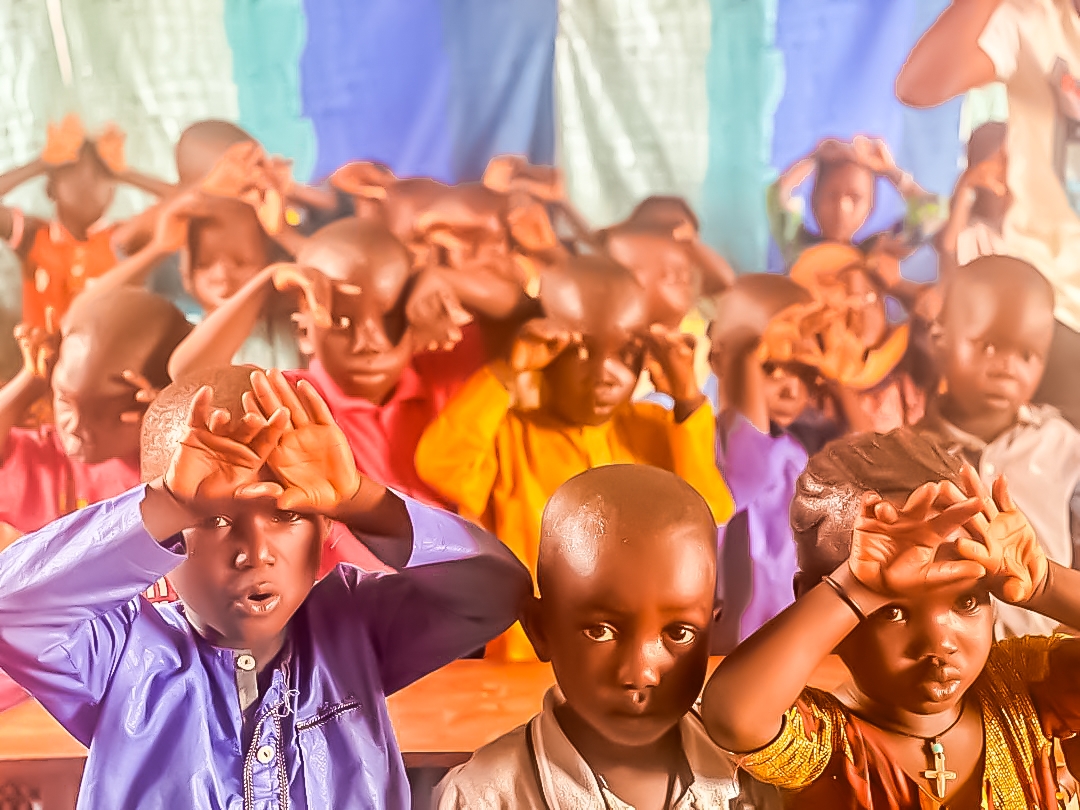
Targeted at preschool children, these exciting initiatives have taken part in our masterclasses and will receive mentoring and £50,000 grants to reach even more learners.
We love a big idea. That’s why Theirworld is supporting seven fantastic projects in the third round of our Education Innovation Awards.
All the winning programmes are bold, creative initiatives specifically targeted at marginalised children in their early years. Each have taken part in masterclasses and will also get one-to-one mentoring and up to £50,000 grants to help them expand their exciting and inspiring programmes to reach even more learners.
Angela Solomon, Theirworld’s Senior Advisor for Innovation, Projects and Research, said: “Congratulations to all the winners. We are delighted to welcome them into our scale-up programme and excited to see all the innovative ways they will make an impact with the youngest learners and their communities.”
The Theirworld Education Innovation Awards were launched in 2021 and are open to non-profits, NGOs and charities. In the first two rounds, we supported eight high-potential innovations and shared insight and skills with more than 200 other education innovators – impacting over two million learners.
The third round of awards was launched last year, with an emphasis on projects aimed at the early years. That’s when 90% of a child’s brain development happens – but also when inequality sets in through lack of quality care and early learning.
About 270 organisations registered their interest and more than 100 attended at least one of the three introductory workshops in June 2023. Our expert panel then chose the seven winning programmes.
Here’s a quick look at those winners and their ambitions to scale up their work.
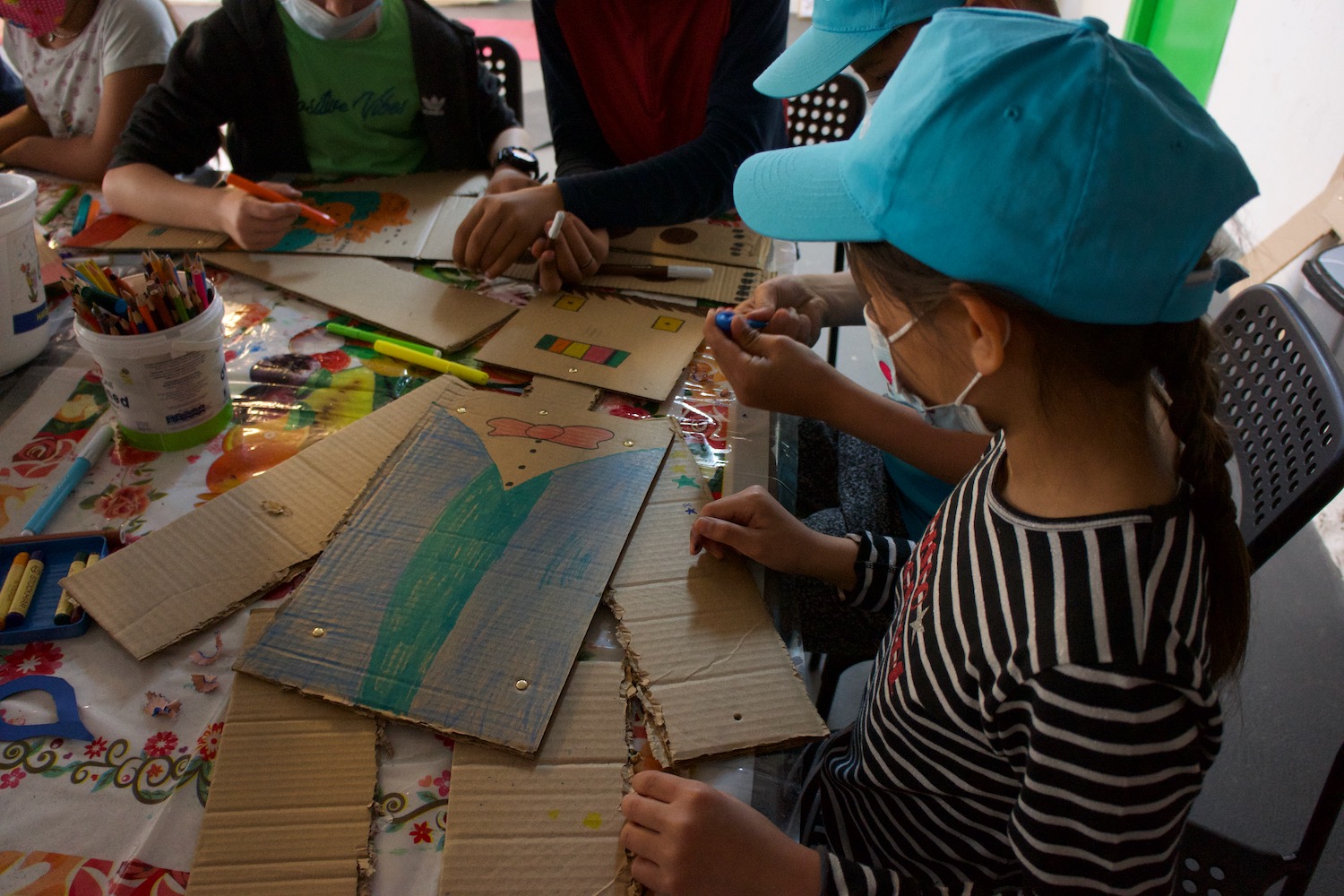
Picture: Amal Alliance
Amal Alliance (project in Greece)
Its Colors of Kindness education technology initiative improves children’s social and emotional skills and wellbeing and also increases access to, and engagement with, distance learning. It will be scaled up to deliver social and emotional learning content for 1.5 million children in Greece, Uganda and Bangladesh through education ministry schools and refugee camps.
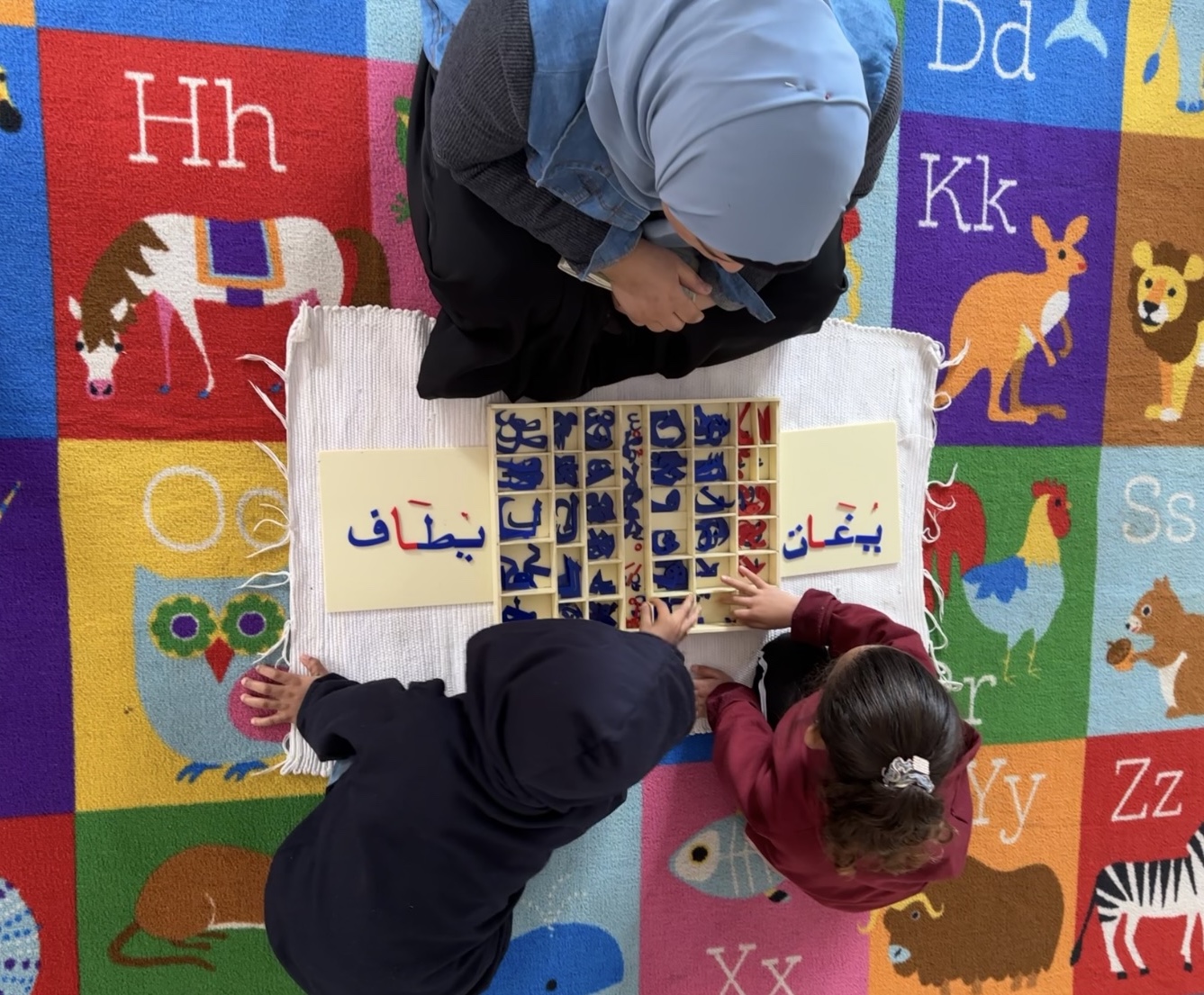
Picture: Bedaya Association for Charity
*Bedaya Association for Charity (Egypt)
Supports early childhood education equity and promotes school readiness in disadvantaged communities. The organisation also helps parents improve their interaction with children and provides professional development and employment for women. Its Net3allem programme will scale up to deliver professional development to preschool teachers and quality education for 10,000 children aged three to six.
*Pending final local approvals.
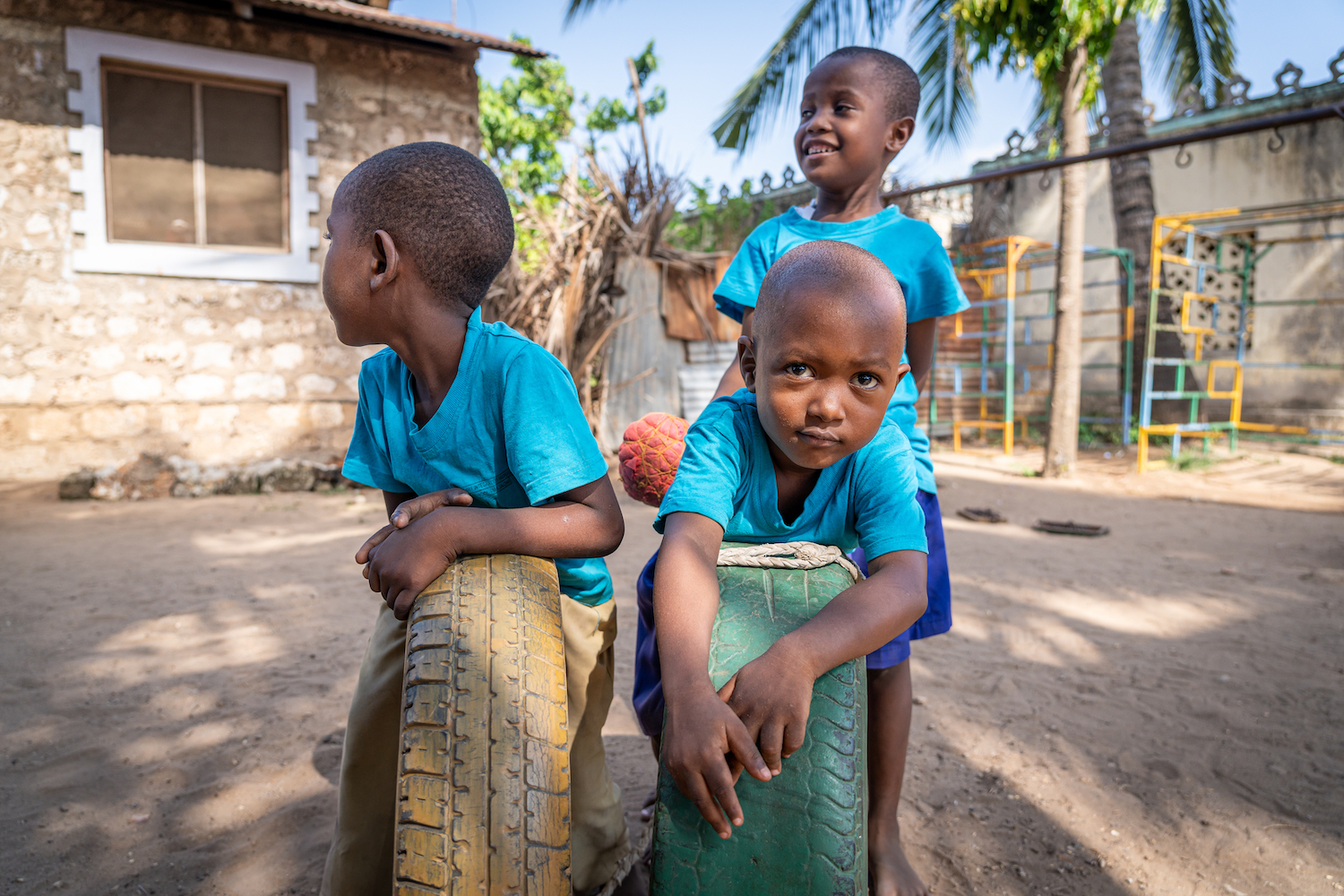
Picture: Madrasa Early Childhood Programme
Madrasa Early Childhood Programme (Kenya)
Promotes inclusive and equitable early childhood development care and services for children from birth to eight in marginalised communities. The programme works collaboratively with local communities, frontline workers, governments and other stakeholders. The Play and Learn project’s goal is to reach 1500 caregivers and children through home-based play kits.
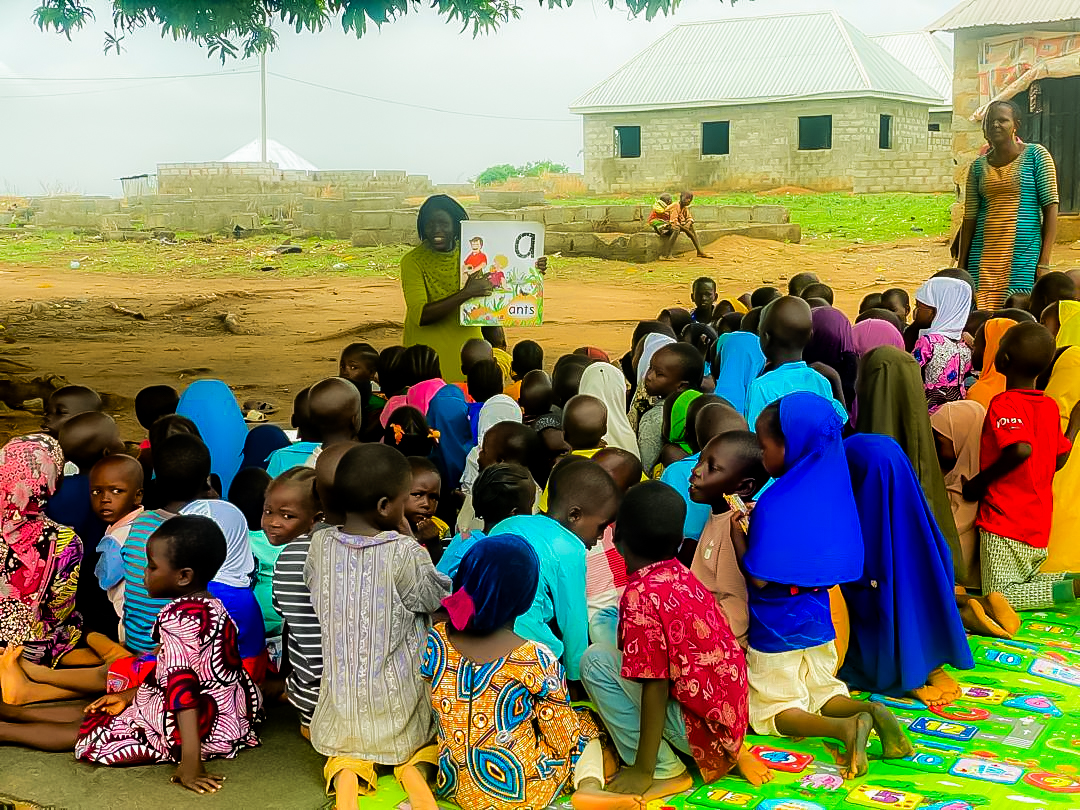
Picture: Maple Leaf Early Years Foundation
Maple Leaf Early Years Foundation (Nigeria)
Aims to scale up its Transitional Learning Centres, a programme for children in the early years and primary school. The focus is on children who have been affected by displacement and ensure their education is not interrupted. The centres will be a blueprint for 10,000 children in camp settings and host communities in Nigeria and Cameroon.
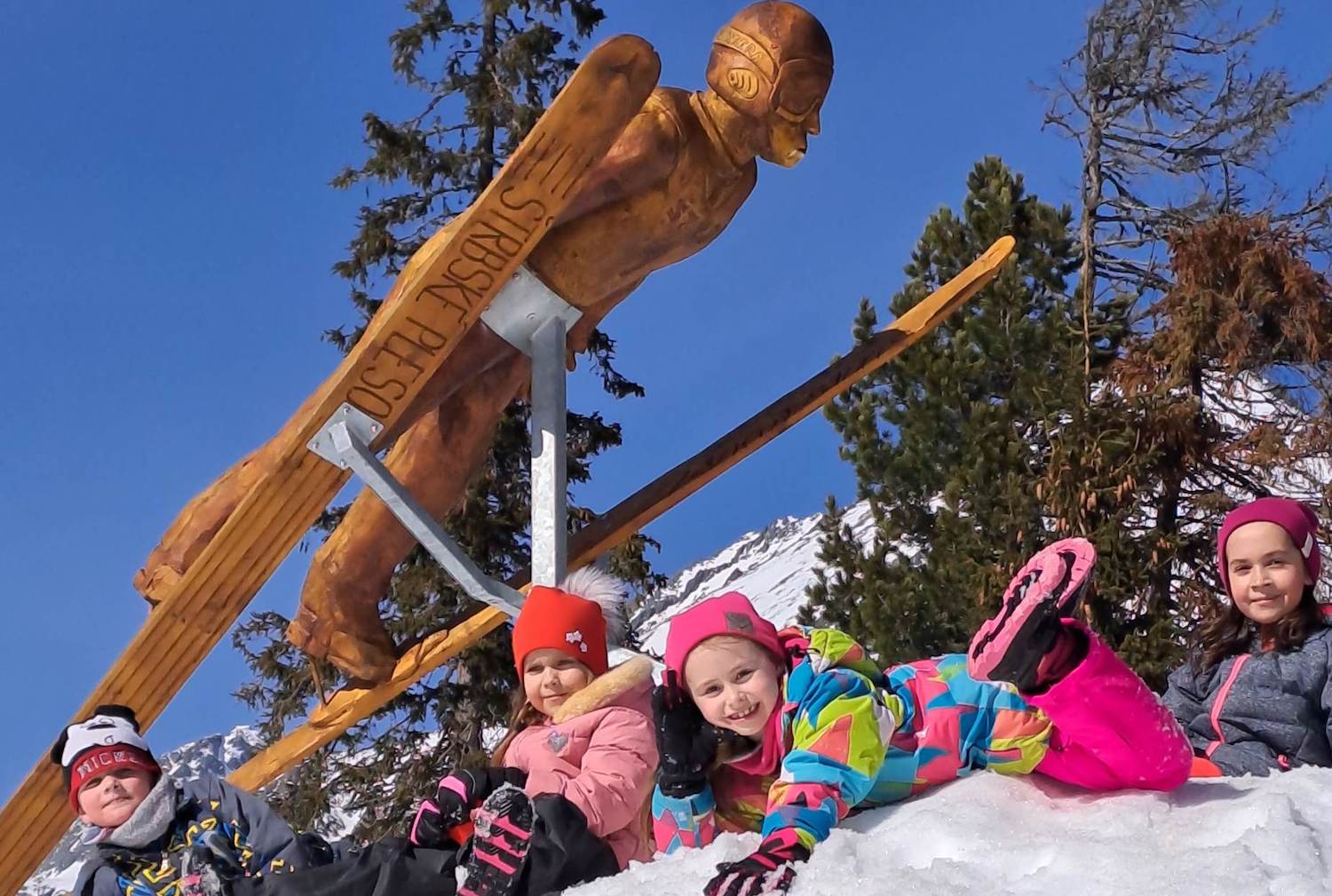
Picture: Škola dokorán – Wide Open School
Škola dokorán – Wide Open School (Slovakia, Hungary and Poland)
The TOY for Inclusion programme focuses on early childhood education and care. It provides professional development for teachers and support staff, as well as parenting programmes for Ukrainian refugees, Roma people, migrants and others. Škola dokorán aims to reach 15,000 young children over the next three years in Slovakia, Hungary and Poland through 15 new play hubs.
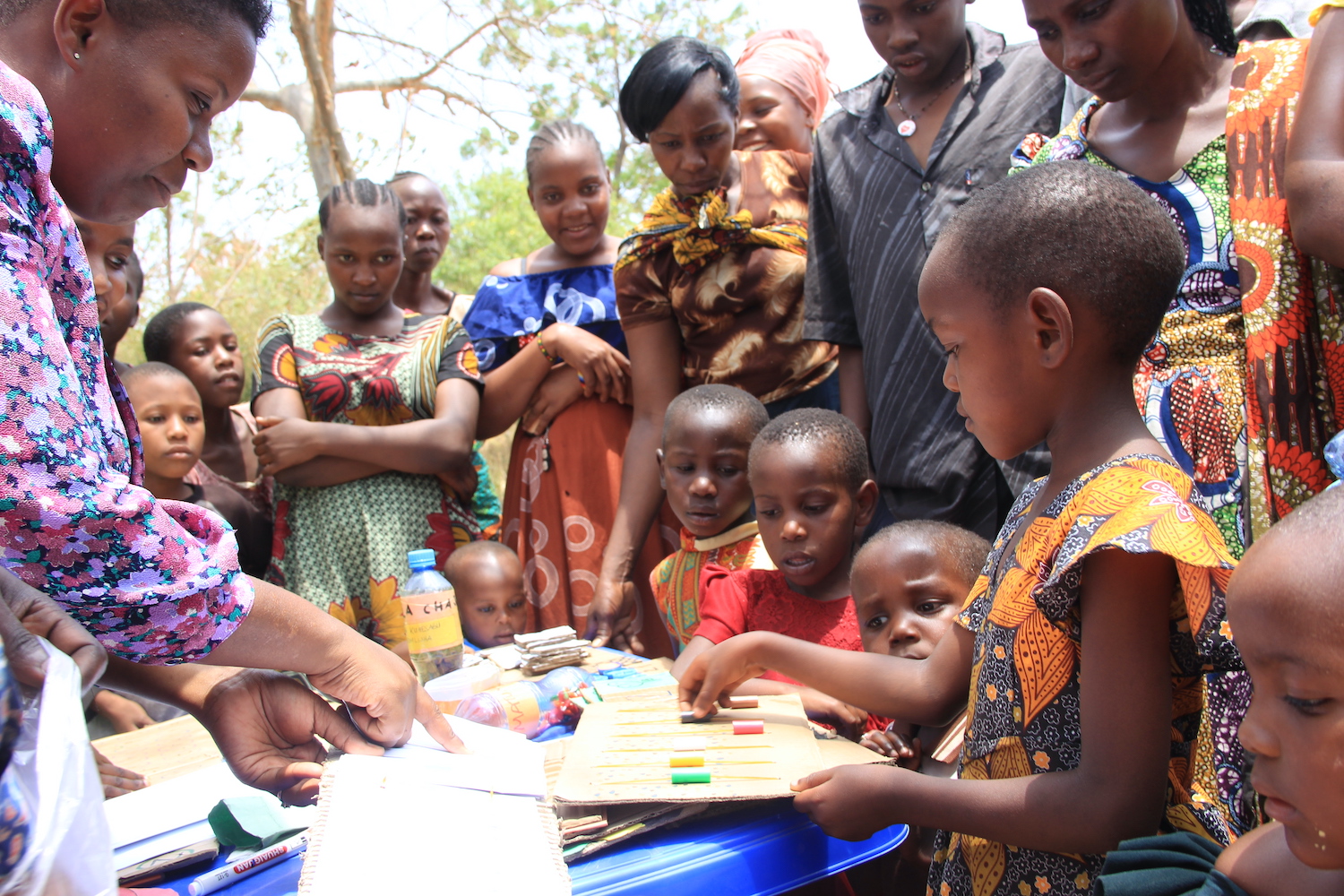
Picture: Tanzania Early Childhood Education and Care
Tanzania Early Childhood Education and Care
The Tuwaandae Pamoja initiative addresses the problem of limited access to quality early learning and early childcare, particularly in underserved communities. That includes parent and caregivers’ education and support, health and nutritious meals for pregnant women and newborns, and improved access to early learning and care for children with disabilities. It plans to deliver quality early learning and childcare for 50,000 children.
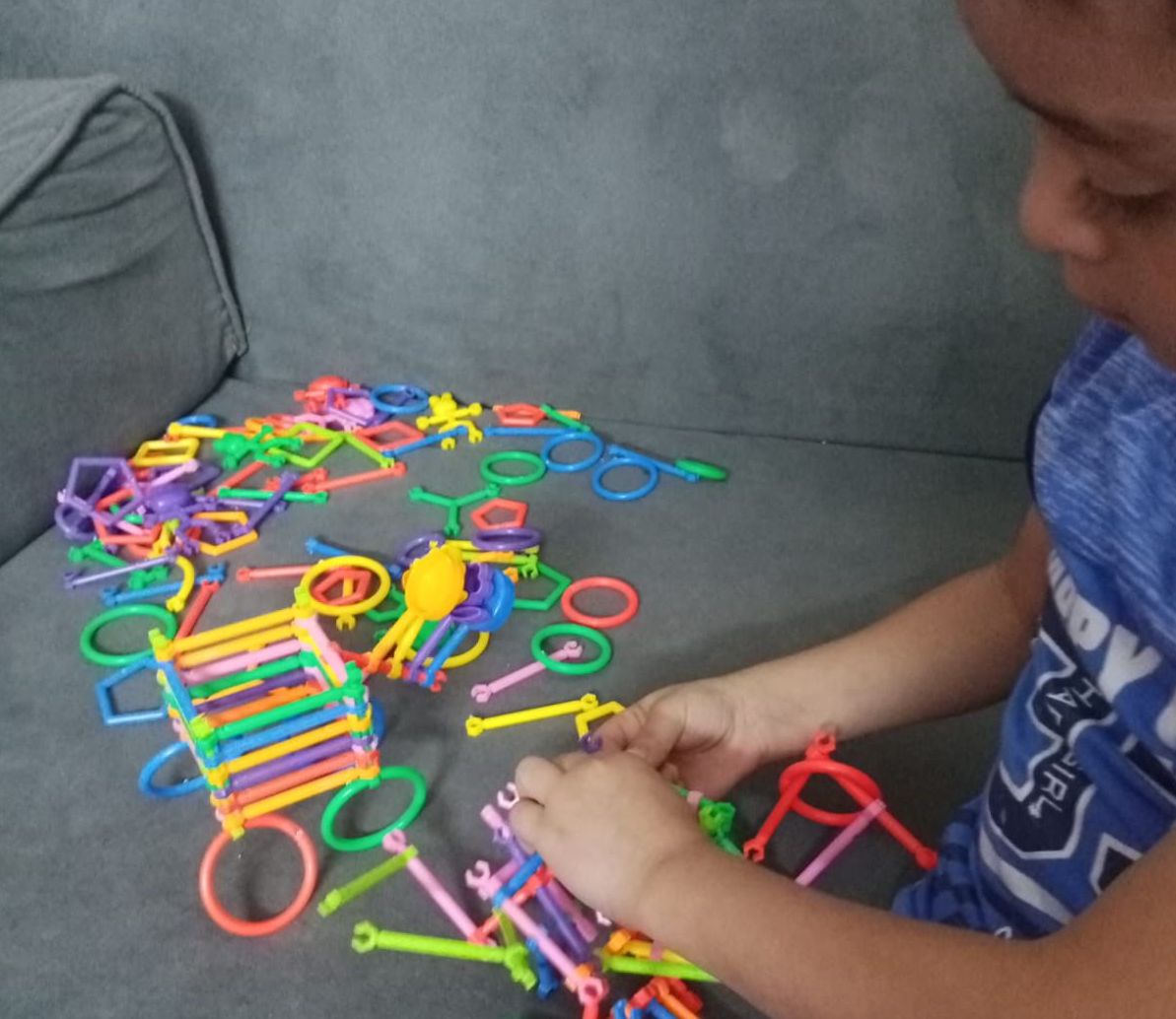
Picture: The Society of Queen Rania Foundation for Education and Development
The Society of Queen Rania Foundation for Education and Development (Jordan)
The foundation has developed an online programme to promote parental behaviours that support children’s learning and development in the first five years. It includes valuable insights and suggested activities. The Parent Education Program – in collaboration with a Jordanian government ministry – aims to reach more than 10,000 mothers across Jordan.